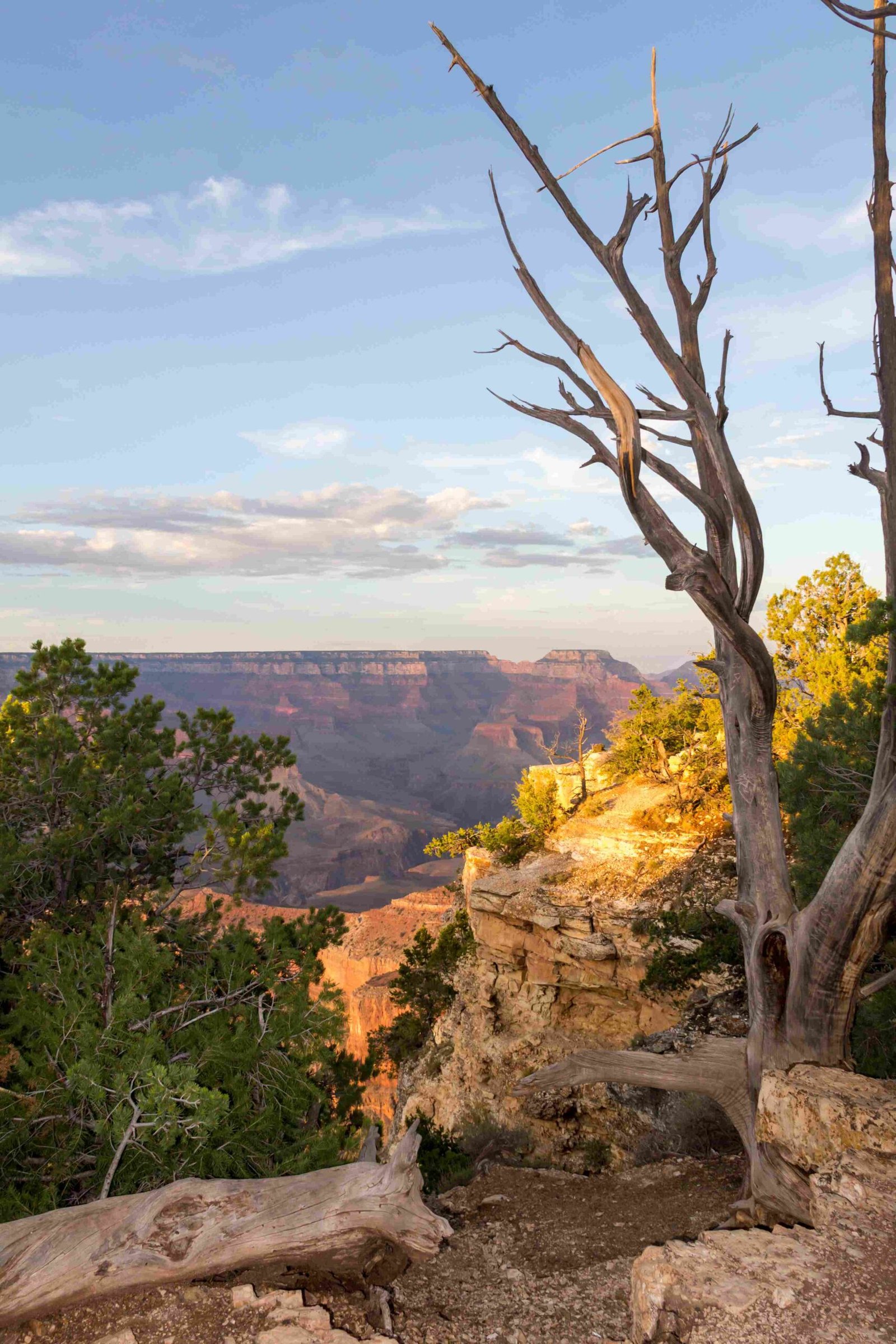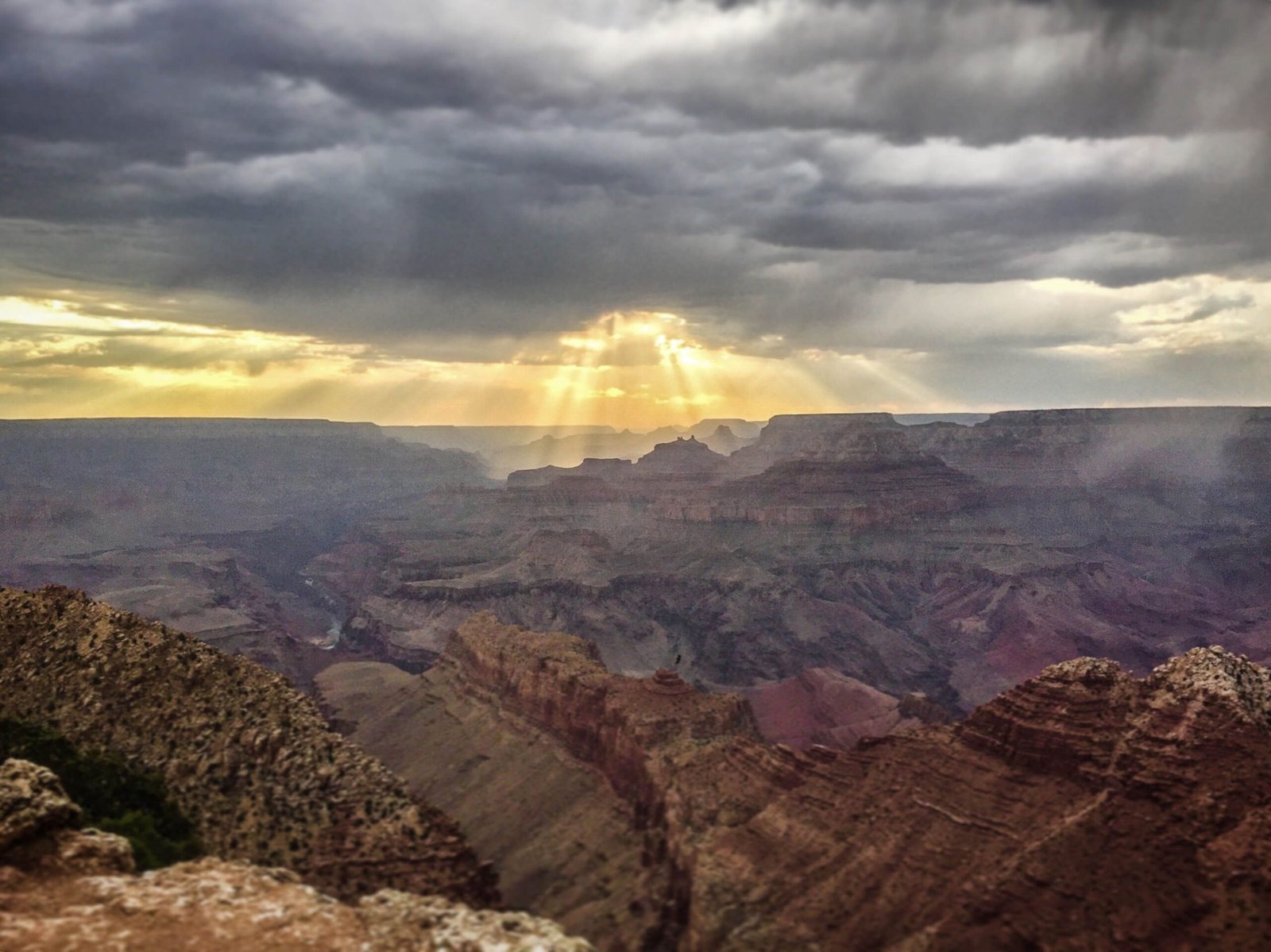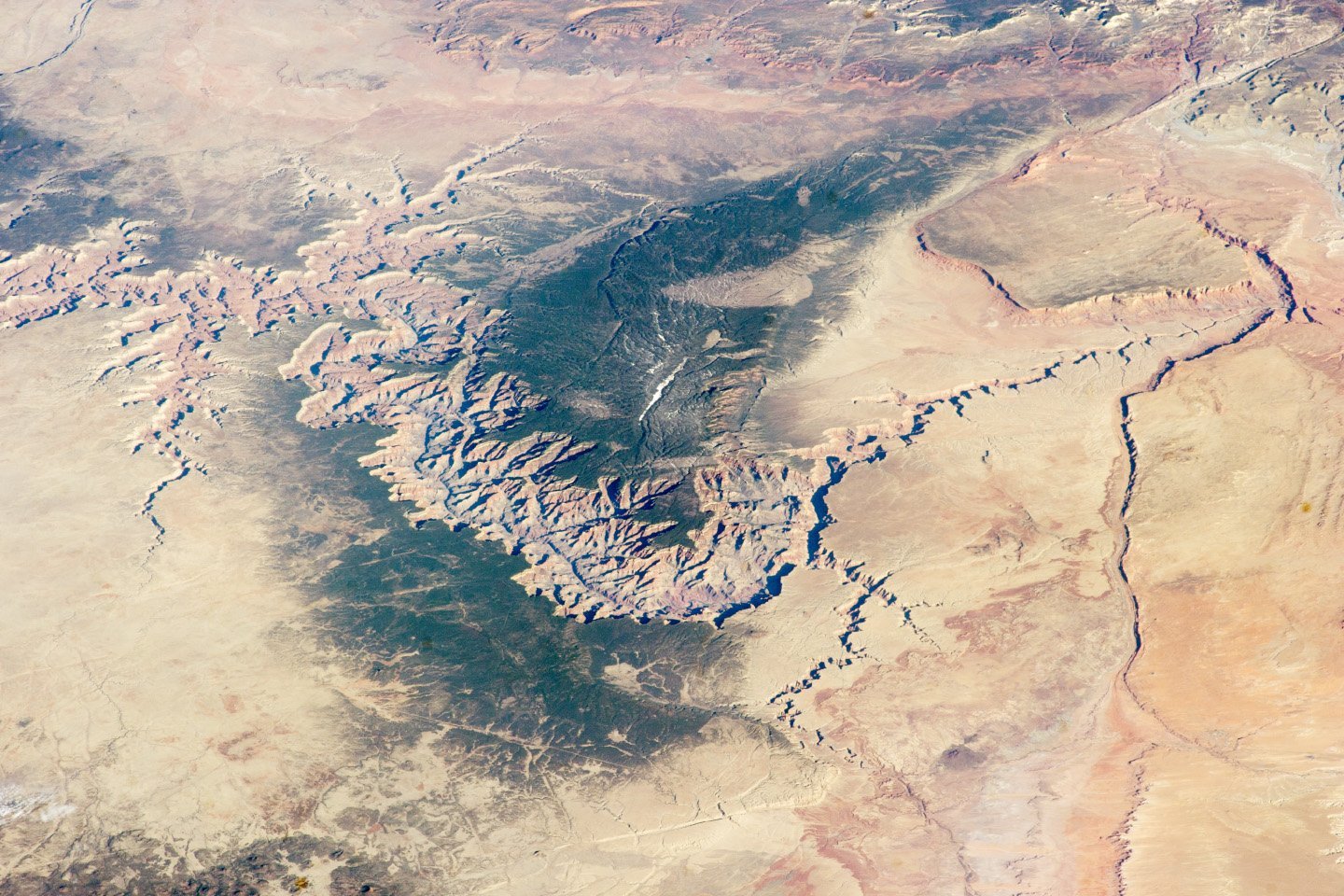The Havasupai Tribe represents a remarkable indigenous community nestled within the Grand Canyon’s breathtaking landscape, with a population of approximately 639 members and a profound connection to their ancestral lands spanning over 188,077 acres. Their rich history, cultural preservation, and extraordinary resilience make them a unique and significant Native American group with deep roots in one of America’s most iconic natural landscapes.
What Makes the Havasupai Tribe Unique?

Who Are the Havasupai People?
The Havasupai, often called the “People of the Blue-Green Waters,” have inhabited the Grand Canyon region for over 1,000 years. Their name derives from their stunning homeland, characterized by vibrant turquoise waterfalls and lush canyon environments.
Where Do They Live?
| Location | Details |
|---|---|
| Reservation | Coconino County, Arizona |
| Terrain | Western Grand Canyon, Havasu Canyon |
| Area | 188,077 acres |
| Elevation | Varies between canyon and plateau |
What Is Their Historical Journey?
Land Challenges and Restoration
- 1882: Confined to 518-acre reservation by Presidential decree
- 1968: Won Indian Claim Commission case
- 1975: Recovered 188,077 acres through Grand Canyon National Park Enlargement Act
How Do They Sustain Their Culture?
Traditional Practices
- Seasonal Agriculture
- Spring/Summer: Canyon farming
- Fall/Winter: Plateau hunting and gathering
- Crop Varieties
- Corn
- Beans
- Squash
- Melons
- Pumpkins
Cultural Preservation
- Fluent language maintenance
- Traditional basketry techniques
- Annual Peach Festival
- Land Day celebrations
What Challenges Have They Overcome?
Resilience Highlights
- Survived European colonization
- Maintained cultural identity
- Successfully reclaimed ancestral lands
- Preserved traditional practices
- Maintained tribal sovereignty
How Do They Govern Themselves?
Tribal Governance
- Seven-member democratically elected Tribal Council
- Sovereign agreement with federal government
- Autonomous management of reservation
- Preservation of traditional decision-making processes
What Visitor Regulations Exist?
Travel Guidelines
- Contact: (928) 433-8130
- Location: Supai, AZ 86435
- Access: Via Indian Route 18 to Hualapai Hilltop
- Prohibited Items:
- Alcohol
- Drugs
- Weapons
- Pets
What Natural Features Define Their Homeland?
Geographical Characteristics
- Deep scenic canyons
- Blue-green waterfalls
- Kaibab Limestone escarpments
- Notable formations:
- The Great Thumb
- Long Mesa
- Tenderfoot Mesa
Conclusion

The Havasupai Tribe exemplifies remarkable cultural resilience, maintaining their identity and connection to the Grand Canyon through generations of challenges and transformations.

